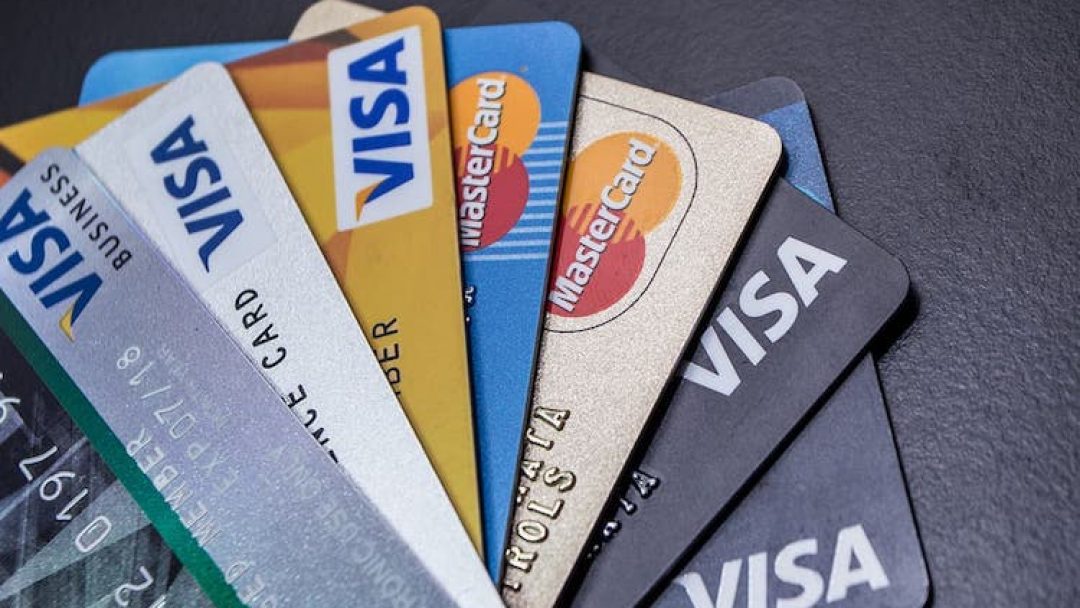Holiday shopping season is underway and for many purchases will be made on credit cards. Credit cards are a wonderful tool when considering their convenience and the capability to earn rewards, but they can begin to get expensive when facing heavy interest or added fees. While it may take some budgeting and a plan, dodging interest charges is as straightforward as paying your bill on-time and in-full each month. Fees can be a little trickier, but it is possible to bypass some of the most common ones.
Credit card providers have a variety of reasons to tack on extra expenses, so understanding what will get you in trouble will save you money and stress. The most typically seen credit card fees are:
- Annual fee
- Late fee
- Over-limit fee
- Foreign transaction fee
- Balance transfer fee
- Cash advance fee
- Returned payment fee
- Finance charge
Annual fee
An annual fee is a yearly fee you’ll pay for the privilege to carry your credit card. Similar to the perks of a gym membership or streaming service subscription.
While you may not be thrilled by the idea of paying a fee just to have a card, certain rewards cards and travel cards allow you to earn valuable points that surpass the cost to carry, and then some. When deciding whether paying the extra fee is worth it, you’ll have some calculations to consider. Depending on how you spend your money, there could be a card out there that’s worth the price. If strategic spending and accruing travel rewards doesn’t fit your lifestyle, you can easily avoid the added charge with a no annual fee card.
Late fee
When paying your credit card bills, you’re required to pay a minimum amount by a specified date each billing cycle. A late fee will be charged on your account when you pay after the due date or if your payment amount falls below the required minimum payment.
How much you’re charged (typically $20 to $40) will depend on your card provider’s terms, so be sure to read through your credit card agreement to be familiar with what the late fee is for your card. Also, many providers increase their late fees if you slip up more than once in a short period of time. No matter what the charge is, this fee is easily avoidable if you set up automated payments with your bank to pay off your statement balance in full each month.
A card like the Citi Simplicity® Card offers no late fees ever but getting into a routine of proper payments will benefit you and your credit score in the long run. Any payment beyond 30 days late will appear on your credit report.
Over-limit Fee
After being approved for a credit card, you’ll be given a credit limit. This is the maximum amount you’re able to charge to your account. If your spending causes the account balance to exceed the credit limit at any time, you’ll likely face an over-limit fee. These fees run in a similar range as late fees, typically $20 to $40, but be cautious — they’ll increase for repeat offenders.
Fortunately, these charges are very easily avoidable. Thanks to The Credit Card Act of 2009, cardholders must elect to “opt in” to the fee with their card provider in order to spend freely. Otherwise, any attempted charge that puts you over the credit limit will be declined. The most responsible way to stay away from these fees, however, is knowing your limit, planning out a budget and being cognizant of your spending. As your spending may increase over time, be sure to practice good financial habits — proving your creditworthiness to your provider will make you eligible for an increase to your credit limit.
Foreign Transaction Fee
A foreign transaction fee is applied to purchases made outside of the United States. Finding cards with no foreign transaction fees is easier now than ever, so you’ll have plenty of options for travel cards packing an extra punch.
These charges can seem small — usually 1 to 3 percent of the purchase — but spending internationally can be pricey, so that minuscule percentage might have a large impact. Both Capital One and Discover offer no foreign transaction fees with all of their cards.
If you have no plans of traveling the world in the near future, there’s no need to be concerned with this fee — just be conscious when the time comes.
Balance Transfer Fee
One of the most commonly sought-out options for debt relief, a balance transfer is a way to consolidate credit card debt. When moving your balance from one account to another, this fee is often applied as 3 to 5 percent of the amount transferred. Thanks to the zero percent introductory APRs typically available with balance transfer credit cards, you can move your balance and save on the interest charges you may have faced in your initial account. The fee will likely still apply, but the savings could make the shift worthwhile when moving a substantial amount.
Cash Advance Fee
If you find yourself needing to borrow cash, some credit cards allow you to take out a cash advance from your account. You only want to do this if it’s an absolute necessity, as many card providers will charge a cash advance fee in the range of 2 to 5 percent of the amount taken out. Plus, you may find yourself subject to a separate, increased interest rate and/or ATM fees, making cash advances a bad decision in most circumstances. Finally, cash advances have no grace period, so you’ll face the steepened interest charges immediately.
To keep yourself away from these fees in situations where you absolutely need cash, try to set up an emergency fund with enough in it to cover expenses for a short period of time. Pulling from your savings is the best way to take out cash, so preparing yourself for urgent needs may save you in the future.
Returned Payment Fee
You’ll be forced to pay a returned payment fee for two reasons. If a check you’ve written for your credit card provider bounces, or if an automatic payment routed from your bank account is stopped due to insufficient funds. This fee makes it important to keep an eye on your bank account to ensure you have enough money to make your payments, so a brief check of your bank balance on a regular basis should do you well.
If you were to have a check bounced prior to your due date, you’ll likely be able to make your payment and avoid the returned payment fee — most card providers won’t charge if your money is in on time. Typically, these fees top out at $28 for first-time offenders, but may jump to around $39 depending on whether you’ve had a similar incident recently. With some controlled spending and a watchful eye on your bank account, you can easily avoid this fee.
Finance Charge
A finance charge is another name for the interest that is tacked onto any monthly balance you carry over in your account.
Luckily, by paying your balance in full every month, you’ll never have to worry about the added price of your credit card. Once again, set up automated payments to clear your account balance on a timely basis to allow yourself to avoid these charges hands-free.
If carrying a balance is inevitable at some point, explore cards with interest-free periods or consistently low APRs rather than those with lucrative rewards. The added price of interest will wash out any points or miles you’ve earned on a rewards card and you’ll save substantially on a monthly basis. In the perfect case, the more affordable card and some disciplined spending will give you the ability to pay your full balance and do away with monthly charges long term.








